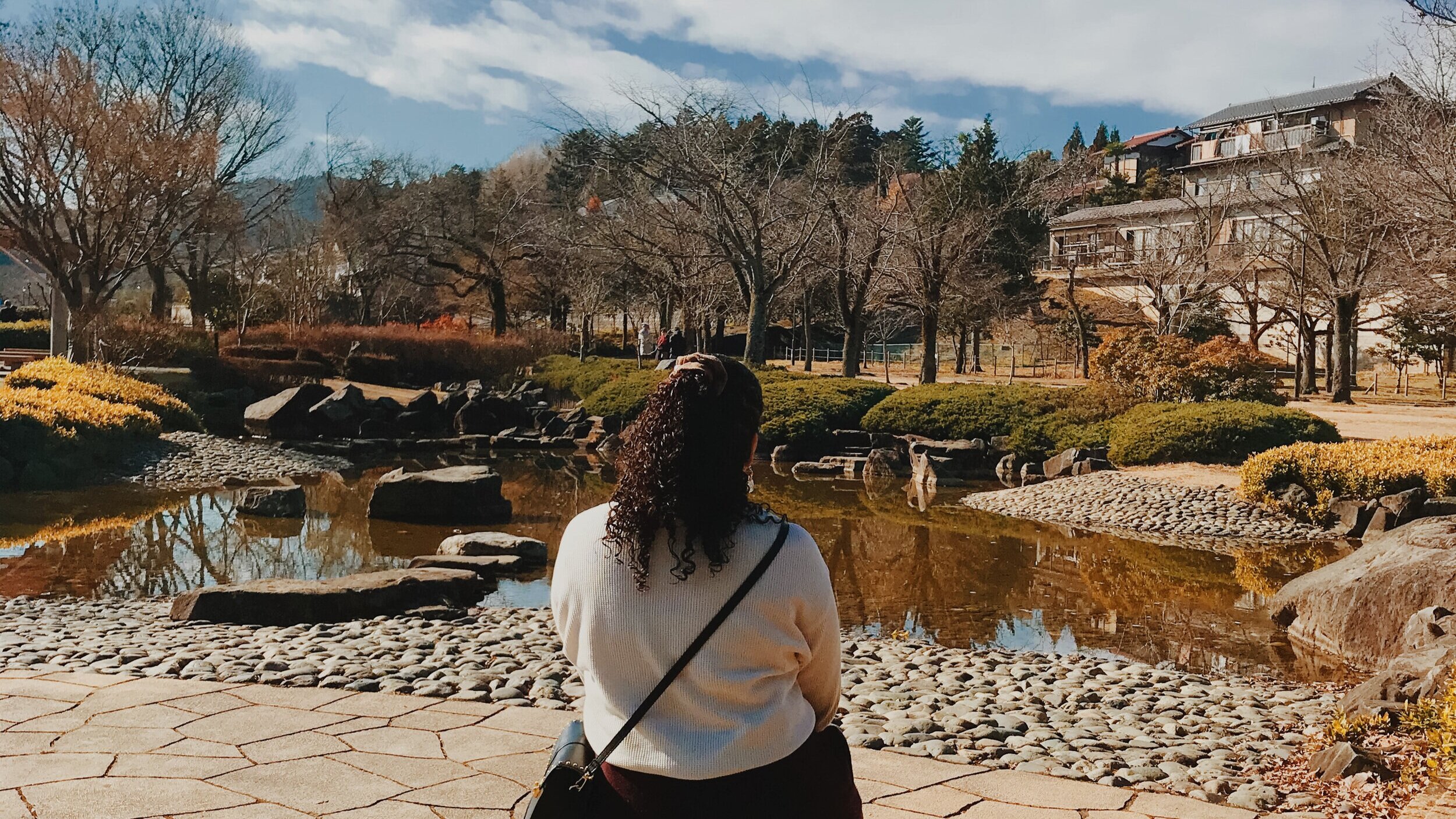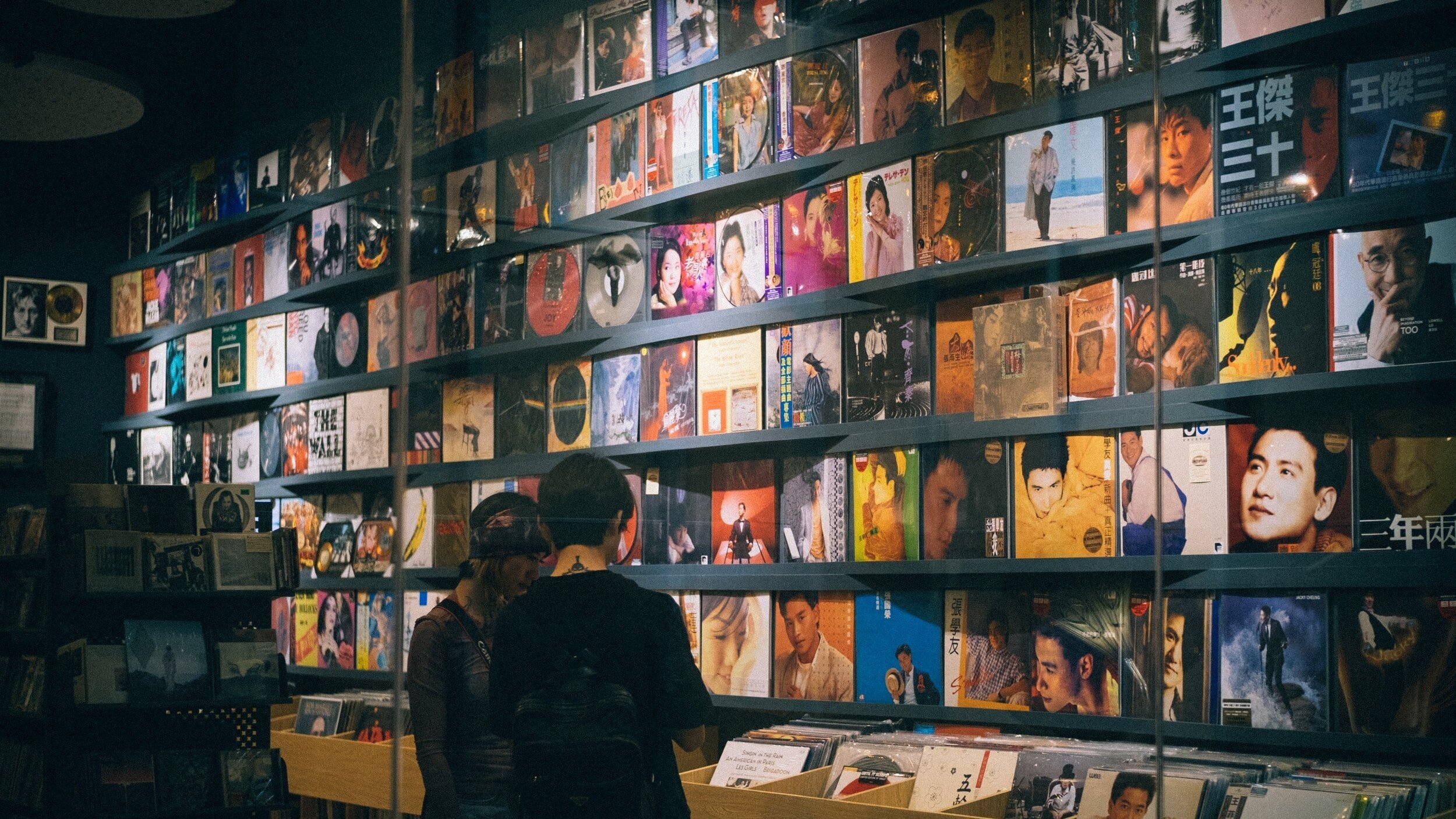Two Years in Tokyo: 5 Things That are Easier
2019 marks my two year Japanniversary! It almost doesn’t feel like two years have passed already, but it has. Before landing in Japan, I remember being quite anxious about how I’d adjust to living in Tokyo.
I’m still in awe at how much growth I’ve had. I have learned so much and gained many skills that will benefit me wherever my partner and I move to next. The first year was occupied with filling government papers, finding markets, learning the intricate Tokyo train system, learning Japanese, and the dreaded homesickness feeling.
The second year, I settled in pretty well, so everyday aspects got easier. I had more time to focus on making new friendships and enjoying more local events such as Matsuri (summer festivals), Hanabi (Firework viewing), and Hanami (Cherry Blossom viewing).
After two years in Japan, it feels more like home and I’d like to share with you five things that have gotten easier for me over time.
#1: Language Ability
When I arrived, I didn’t know a lick of Japanese besides kon’nichiwa and sayoonara. You’re probably thinking, what! How come? Well, coming to Japan was a spontaneous travel and career move and I didn’t anticipate the opportunity becoming a reality so quickly.
Learning the language wasn’t a priority at the time. I hear many stories of people achieving N3 and higher before they come and that’s an amazing achievement! I did not let my lack of fluency stop me from experiencing living here.
Of course, I began studying as soon as I knew I was moving, and honestly learning via immersion was super beneficial. I am now able to go to markets, ask for help and make basic conversation. I’m no where near fluent yet, but I’m proud of the progress I’ve made. Overtime I realized my reading, writing, and listening skills are stronger than my speaking ability.
Whereas my partners Japanese speech is fascinating! They’re a polyglot so as a team we have been able to accomplish communicating effectively for the more difficult situations, such as opening a bank account without English assistance.
Some say you don’t need to know Japanese if you live in Tokyo, but I disagree. You do, if you’re going to be a resident. Visiting as a tourist you can get by, but you’ll still find the need for translation help. If you plan on living here for any amount of time, I’d suggest learning the language the best you can.
#2: Less Maps, More Sense of Direction
If you saw the rail map above, you’d understand why using a directional map phone application was crucial, and that’s just one company’s rail map! Luckily, I was already acquainted with Google Maps. I utilized this resource to acquaint myself with local markets, malls, post offices, and restaurants. I appreciate the luxury of digital maps versus physical, since it often translates what I’m looking for into my native tongue.
I used it until I obtained a secure sense of direction. It is still extremely helpful when I need to quickly catch a train, subway, or bus. I’ve learned how to navigate the transportation maps at stations and bus stops, but if I want the convenience, a digital app is the way to go for the most updated information.
#3: Shopping Experience
I took for granted the ease and comfort of just walking into a store and knowing what every product was, where to look for it, and digital payment methods back home. It was practically a second nature skill, but I had to gain that here.
My first grocery shopping experience took hours, which was honestly quite embarrassing to say the least. Finding produce and proteins were easy, but figuring out more specific items such as detergent vs softener, was a bit more complicated. Luckily, I didn’t mistake it for bleach, I’ve heard horror laundry stories!
Japan is a cash country still, despite the increasing acceptance of digital payments. Having paper bills and so many coins can be annoying.
Many products don’t have English on them, which didn’t surprise me, but if you don’t have a translator app or know the language, I wish you luck. Store clerks have been helpful, so it doesn’t hurt to ask and make some acquaintances while you’re at it.
Shopping for larger sized clothes was another journey. Stores often sell small and petite sizes. If you’re in need of different sizings, a quick google search may help, but you’ll find yourself having to shop online most times. We cover this topic and suggest stores in our "Shopping Tips" podcast episode.
#4: Physical Endurance
If you haven’t heard yet, walking culture is huge here. Everyone walks! Of course, some people own cars, but it’s not as common as walking, biking, riding the train and bus. In my home country, it was common for people to each have their own car.
So coming here, I knew I’d have to get used to riding public transportation. Which now, I actually prefer. What I didn’t prepare for was all the walking I’d have to do! Arriving in summer also didn’t help, but it was the perfect time to gain endurance and stamina for what would become a common activity I’d do for my time here.
I’m grateful that pedestrians are accounted for well. There are designated areas for walkers, bikers, and sidewalk aids for the visually impaired. Walking to the market or station is quite easy too. Crosswalks are very efficient here, and if you get the chance, check out the world’s busiest intersection in Shibuya.
#5: Recycling
The recycling and waste sorting system is notorious for being very specific. The city halls expect all residents to abide by it. Japan is a high plastic producer, consumer, and large amounts of food gets wasted daily, but they make it a point to have an organized waste system. I am not aware of the exact aftermath, whether recyclables are actually recycled and if burnables are burned or if it all just gets dumped into the oceans. I sure hope all the sorting we’re expected to do has a positive impact.
I appreciate how it made me more conscious of my consumption of products and waste production. I’m heavily aware of how our planet is being disrespected daily. The future of Earth is looking more dim each year.
It is a lot easier to recycle here than in the States, and I believe that puts action into place, which is more needed around the world. When we moved into our apartment, we were given our town’s recycling calendar and guide books on how to sort our trash. At first it was overwhelming, but it did get easier and now I would say I’m a pro. Every town has their own bag colors and system, so make sure to take that into account if you’re new to Japan.
My partner and I discuss our first vs second year reflections of life in Tokyo. We share our unexpected adventures, skills gained, goals, and more. Tune in!








